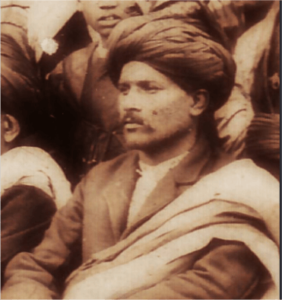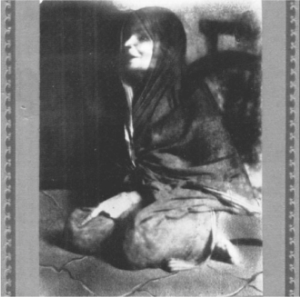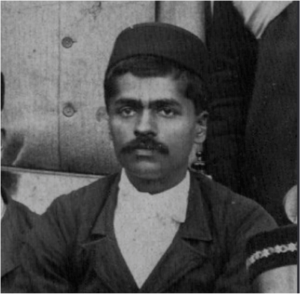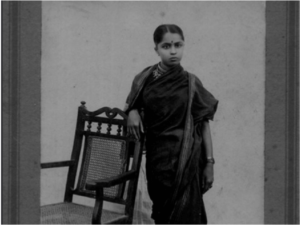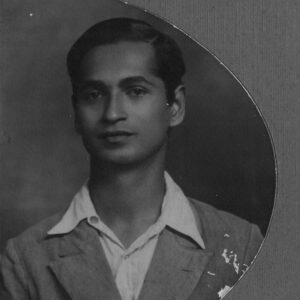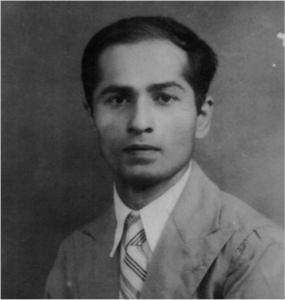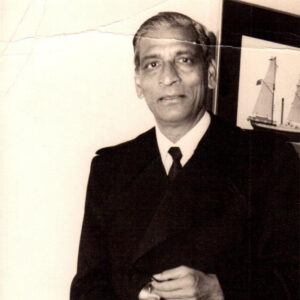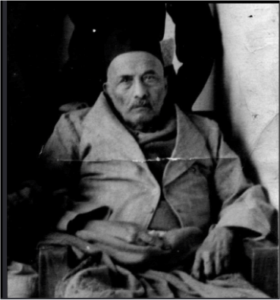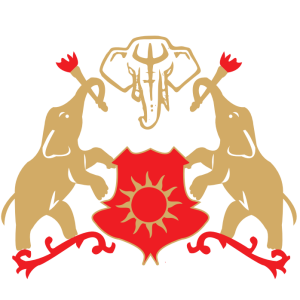
PATWARDHAN FAMILY | KELYE-MAZGAON SANGLI
The Patwardhans are a prominent clan who previously held sovereignty and influence over a region in the southwestern part of India called Southern Maratha Country, which now comes under the state of Maharashtra. During the era of the Maratha Confederacy (1674 – 1818), they governed under the authority of the Peshwa of Pune. After the Peshwa rule was taken over by the British Imperial Crown, their territories became a part of the Bombay Presidency (1818 – 1947).
Harbhat Patwardhan, a common ancestor to many of the Patwardhan families, was born in 1655 in Kotwade, and spent his boyhood at his village in the study of Vedic Sciences and Spiritual Philosophy. He left Konkan and crossed over to mainland India, where fortune awaited him. During this period, the Maratha Empire, under the leadership of Peshwa Bajirao I, came out into full glamour and became the fountainhead of all political power in the Indian subcontinent. Bajirao and his younger brother Chimaji were the sons of prime minister Balaji Vishwanath, scion of the Chitpavan Bhat family of Shriwardhan, Maharashtra.
The Patwardhan clan of brave warriors and political strategists are descendants of the Chitpavan community of the Konkan region of Maharashtra, a tropical rainforest on the western coast of India.
Under the leadership of Govind Hari, Parshuram Bhau, and Chintamanrao, the Patwardhan chiefs collected large armies and conquered extensive territories, and pushed forward the southern boundary of the Maratha Empire to the Tungabhadra River on the Mysore frontier. Their descendants proved themselves worthy and maintained their martial spirit and heroic reputation. The kingdoms of Sangli, Miraj, Tasgaon, Kurundwad, and Jamkhindi were ruled over by them until 1947 when the British Government withdrew from the country and India was transformed into a democratic republic. These states were collectively known as the Southern Maratha Country.
Members of the Kelye-Mazgaon Sangli house are decedents of the Late Govind Ramchandra Patwardhan (picture below), who served on the Sangli Durbar during the reign of Shrimant Dhundiraj Rao Patwardhan in the late 1800s.

